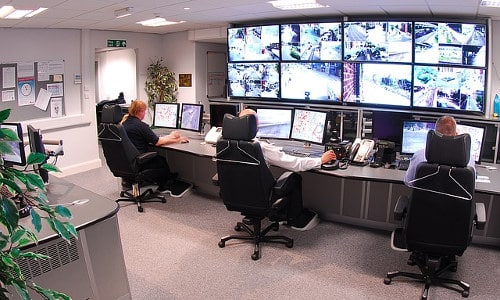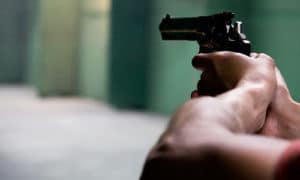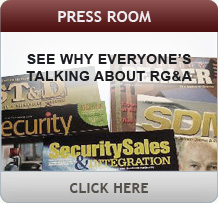A video surveillance expert explains how a convergence of the right security technology and properly trained personnel could more effectively stop active shooters.
A terrible tragedy occurred in Las Vegas on the night of Oct. 1 when a gunman opened fire from his hotel room on a country music festival across the street.
Since the event, many outlets have written about what could have been done to prevent the the shooting, or how the shooter could have been stopped sooner. A Los Angeles Times article titled, “In Las Vegas, the casino is always watching — and yet it missed Steven Paddock,” makes sure to point out that the hotel does not have cameras in its hallways.
While the article is more about hotel/casino security in general and focuses on other aspects of security in addition to video surveillance, the basic premise is that there was a failure on the part of security personnel during the well-reported shooting.
Now I don’t pretend to know what went on at the Mandalay Bay Resort and Casino during this horrific event, but I do know something about video surveillance in casino resorts and in public spaces in general.
And while I am in the business of helping businesses install or expand their video surveillance systems, I’m not sure that adding more cameras in this situation is the answer.
CCTV, like many aspects of security, is known as a “grudge purchase.” You don’t spend that kind of money unless you have to. You may have to because it is a regulatory requirement, like a casino. You may wish to protect your property, like in cases of vandalism or property damage. There may be liability reasons, like the article points out.
Or it may serve as a deterrent, to keep honest people honest. But, lacking a specific threat, there’s really no reason to cover all the corridors in a hotel with video coverage.
And, if you were to add the thousands of cameras that are required to provide this kind of coverage, you create another problem; information overload. While there is some nifty video analytics software, what are you specifically looking for? The fallen security guard? His radio should have told you where he was.
Searching thousands of cameras for “suspicious” activity in real-time is a fool’s errand. Sure, from a forensics perspective it will make it easier to pinpoint what happened after the fact. But it won’t save lives or significantly speed up the process of locating and apprehending the shooter.
If we want to point to technology to solve this problem, let’s point to things that can be effective. Gunshot detection devices located strategically around the property would let law enforcement triangulate on a specific position in seconds.
Glass break detectors in each guest room would tell us if a window had been broken out, with the side benefit of informing us that a party had gotten out of hand. And magnetometer screenings at entrances and elevator banks would keep people from bringing weapons up to their rooms.
Sure, these would frighten guests away — magnetometers would cause TSA style lines like we routinely see at airports, and gunshot and glass break detectors are essentially microphones which no one would want in their hotel rooms. But the few guests that remained would almost certainly be more secure.
No, the best answer continues to be the people manning the technology. Experienced professionals who know what to do in these kinds of circumstances can use the tools they already have effectively. Giving them additional tools will improve things, but only if they know how to utilize them and manage the flow of information in stressful situations. Training security officers for only a month, and focusing on lawsuit avoidance does not prepare them for situations like this. Experience does.
And I hope, as I am sure you do as well, that these security officers in Las Vegas or anywhere, do not get too much of this kind of experience.
Would Extra Security Cameras Have Helped Stop the Las Vegas Shooter? on the Security Sales & Integration blog.





